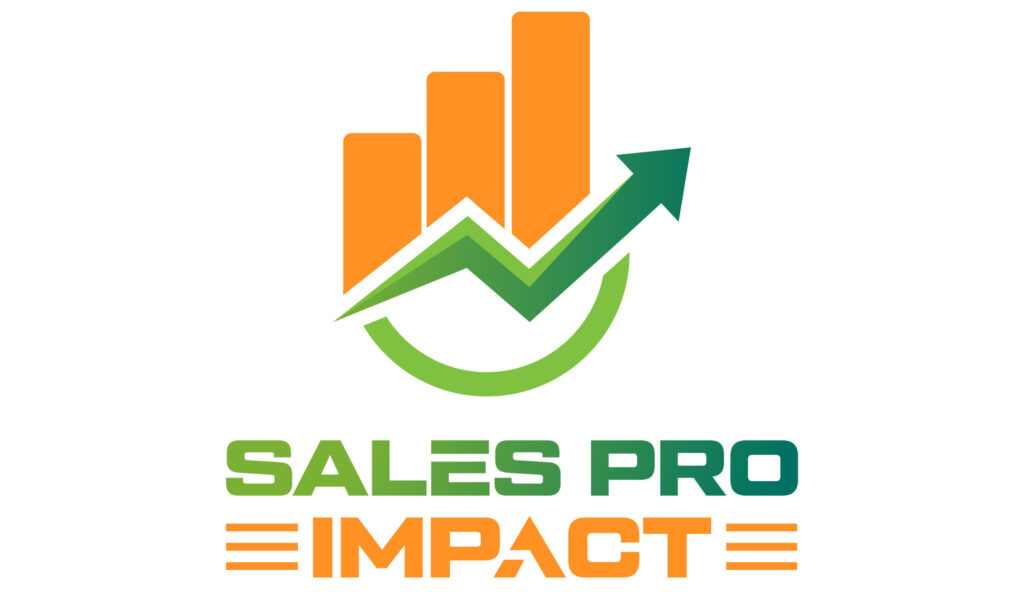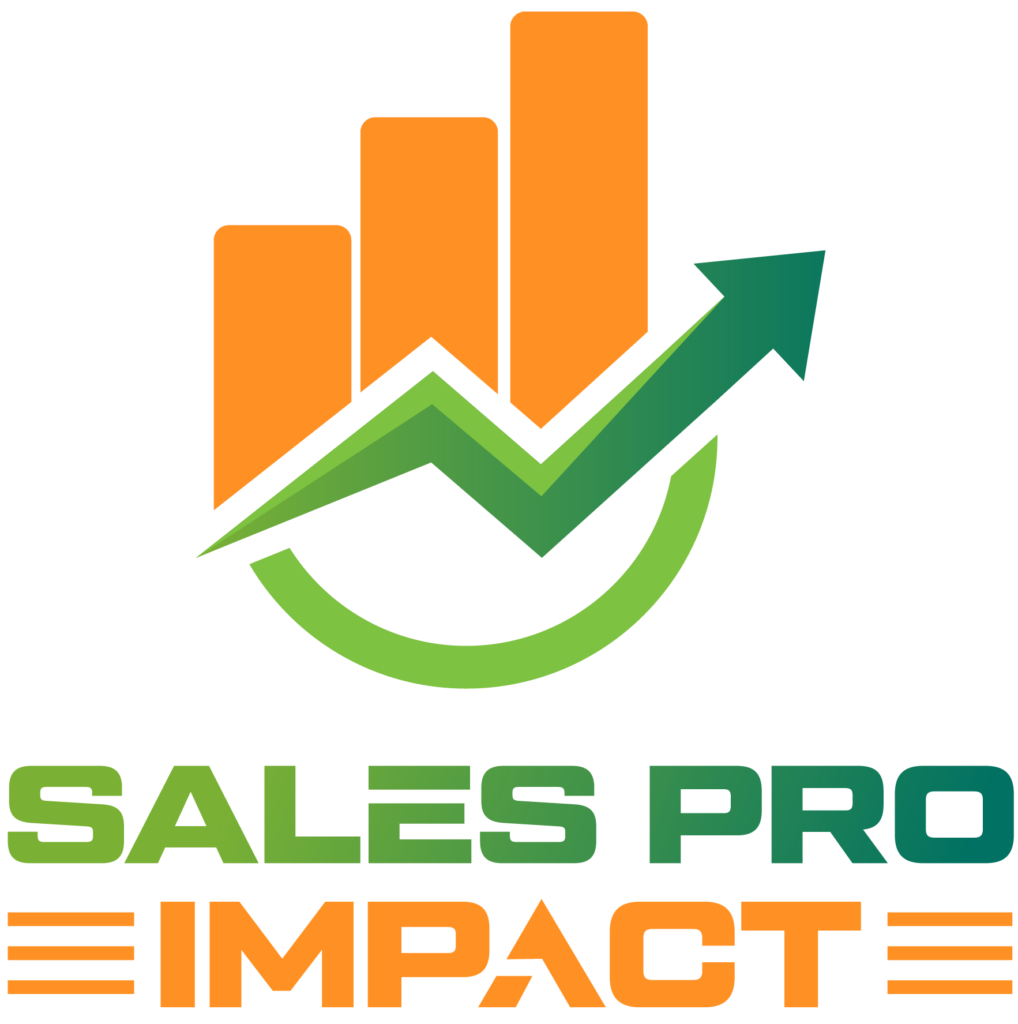All Salespeople Are Not Created Equal & Why CRMs Matter
Customer Relationship Management (CRM) has been around for decades so why do sales teams not want to use a CRM?
While recently talking with a sales manager from a local CNC machine shop, he mentioned the disparity in sales numbers between their top sales producers and others. This is not uncommon with most sales organizations. It’s the old 80/20 rule; 20% of your sales team sells 80% of your product volume. Coincidentally, the top salesperson in this particular organization is also the only one that uses the company CRM. Salesforce estimates a 29% increase in productivity which is a significant increase.
If the increase is so much, why do companies not insist their team use a CRM and why do salespeople push back against a CRM? There are two sides to the CRM equation: Company and Sales Rep.
Let’s start with the company side. With smaller companies there is less specialization so team members wear multiple hats in many instances. Often, the HR manager will also be the safety director too. Another common splitting of duties are owner and sales manager. This is rarely a good idea and a bad use of the owners time. Most owners have no formal sales training or experience and are leading the team when they are not attending to more pressing matters. There are always more pressing matters. This generally works well for company salespeople because when the owner is preoccupied with other important company initiatives, they can do what they want. As a result, use mandatory use of CRM becomes lax negating the benefits of a CRM.
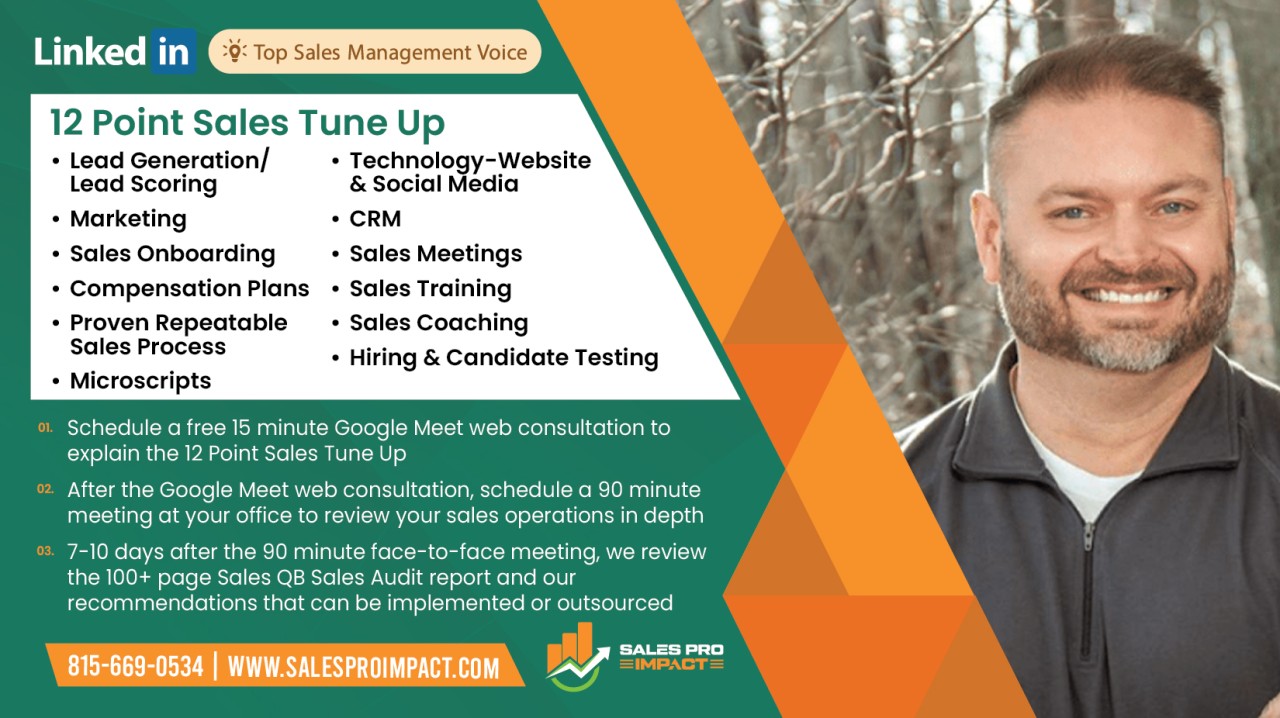
From the salesperson side, some CRMs are nothing more than a leash from the sales manager to better understand what is in the sales pipeline. It provides no real value to the salespeople; it’s just extra work without any benefit. Over the years I have used a number of different CRM systems including ACT!, Microsoft Dynamics, Zoho, Hubspot and Salesforce twice. Most systems have similar capabilities but the usefulness to the salesperson varied based on how the company set it up and who within the company used it. As mentioned earlier, I used Salesforce twice throughout my career. The first time I used it I thought it was the best CRM I ever used and the second time it was one of the worst. So what made the difference?
Below is a look at the dashboards within the Salesforce version that did work. It created a snapshot of how often a sales rep was calling on an account or prospect considered an A, B or C account. The frequency of sales calls varied on how the account was classified. The account classification is determined by the sales rep with the sales manager so there was buy in from the sales rep.
Dashboards should also include key metrics and a sales pipeline. Beyond just the dashboards, this version of Salesforce had other information integrated. For a sales rep to like and use a CRM, it is important to make it a useful tool for them whether that be integrating your POS system info to review past customer orders, scanning business cards, receivables or just using for the Customer Relationship Management capabilities. Salesforce can be expensive and often out of reach for small to mid-size companies but there are scaled down CRM alternatives.
NOTE: Business owners should involve the sales team for feedback when selecting a CRM as they will be using it.
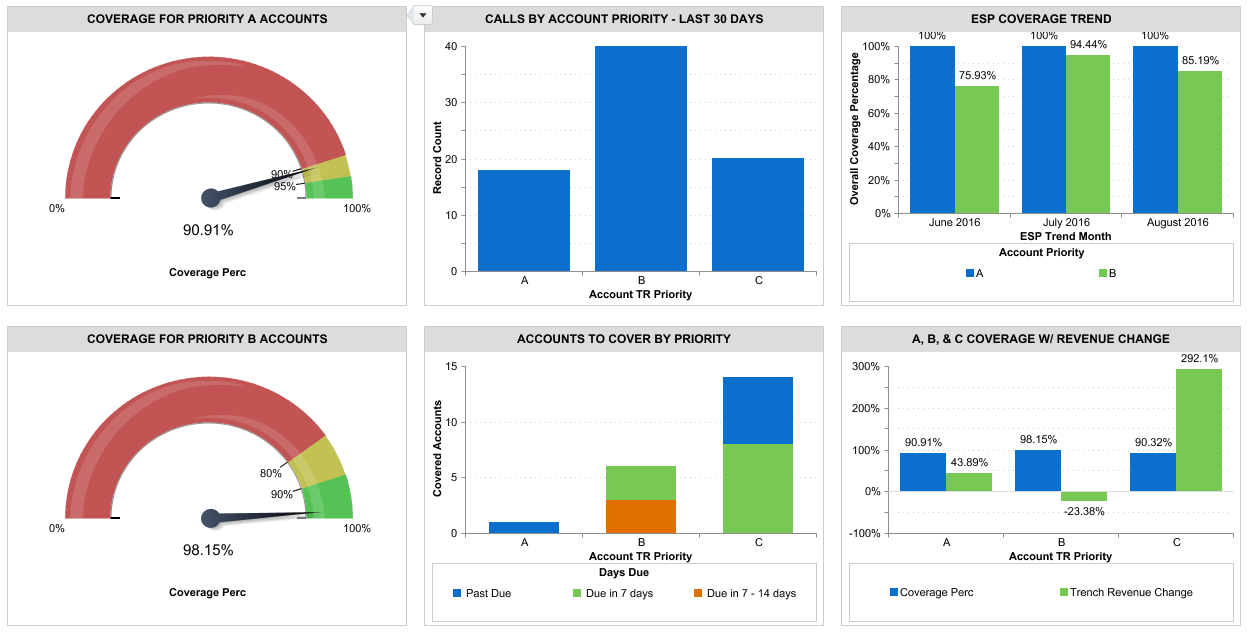

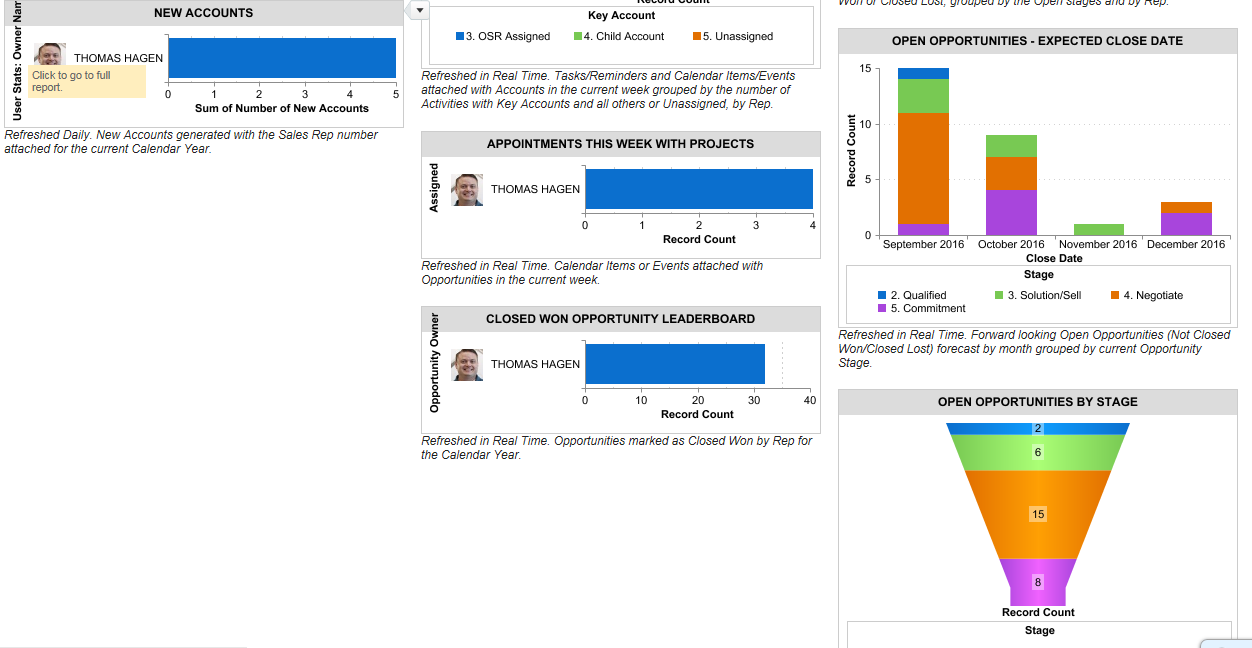
I encourage you to reach out if you want to discuss CRM or any other sales related topic.
